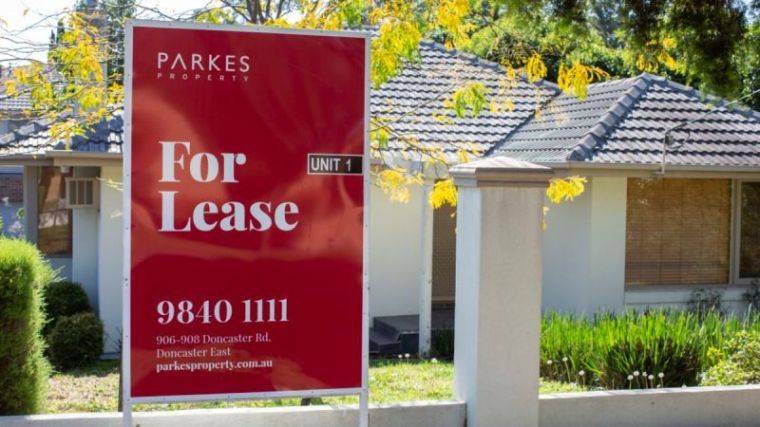
“It pays to wear a wedding ring, even if you’re not married,” opined the newspaper columnist I read yesterday. She was writing about her experiences as a solo mother when trying to find a rental property to live in. She said that because of landlords discriminating against solo mothers she found it easier to wear a wedding ring – and said it was the best $50 investment she had ever made.
Her plight indicates the state of the housing market (which warrants a different article) but what disturbed me more about her writing was the way in which she was encouraging others to also pass themselves off as married.
I can understand why she did that. A solo parent, any parent, will do whatever it needs to take to provide for their child/children. I do not blame her.
What saddens me however is the fact that she saw nothing wrong with what she did, and was quite proud of her action. It didn’t seem to register with her that a wedding ring meant something; it is a well-known symbol of a deep commitment to another person.
Why do landlords want married tenants?
Nor did it occur to her as to why a landlord might prefer someone who was married. Landlords letting their properties naturally want tenants who will look after their properties, and the corollary is that people who commit themselves in marriage are more likely to be responsible people. (Of course, that’s not always the case, and many solo parents can be very careful and responsible tenants.)
But landlords are pragmatic people, and their experience shows them married people usually make better tenants. It has nothing to do with discrimination per se, but all to do with making the call about who will be the best tenant, when there is a range of people eager to rent the same property.
Sometimes landlords have been duped by someone turning up to rent a property, who looks quite reputable. The landlord may let the property to that person and then find that a different person or group has moved in, and the property is quite uncared for. That happened to friends of mine, who eventually had to sell their house (they were only away for three years) in order to pay for the repairs. They lost equity and could no longer afford to own a home.
What the columnist was proposing – to wear a wedding ring when unmarried – encourages a lack of trust. The more people who do that, the more likely it is that landlords are going to ask for proof of a marriage, and possibly to meet both partners. The more such measures have to be taken, the less trust there is in our society.
It wasn’t always like this…
Many years ago, a person was taken at their word, and people were proud of the fact that they could be trusted. A handshake often sealed a deal, and if someone didn’t keep their word, the resulting shame meant that a reputation was sullied. This was particularly the case in smaller communities where people knew each other. (Even when I was a student in a large city, though I rented and lived in a number of flats, at no time did I ever sign a lease or any rental agreement.)
It was a matter of honour when I started work in a bank that you wouldn’t take any of the bank’s stationery for your own personal use, and when out on an errand clearing the bank’s post office box, you wouldn’t seize the opportunity to do a message or two of your own, or spend a long time talking with someone you met on the street. You were being paid for your time, therefore the bank’s time was not something to appropriate for personal use.
Doors were left unlocked, and no personal lockers used by students at school had a lock on them. Bicycles didn’t have bike locks, and were parked outside shops in the street with no thought of them being stolen. Often vehicles weren’t locked either…. I could go on.
The impact of a lack of trust
As our society has grown increasingly dishonest, a growing lack of trust has meant more paperwork, more legal requirements and regulations, more sophisticated burglar alarms, and more fraud. We have umpteen passwords we have to remember, and anytime we call some business or agency there are standard questions to answer to establish our identity. We take these things for granted now.
This opinion writer shows a markedly different attitude to honesty. In her mind, being dishonest was the practical thing to do, and she was recommending it. (She even referred to a friend who had not passed herself off as married, and therefore had found it more difficult to rent a place. Although she respected her friend’s decision, she clearly thought it wasn’t the best one, and that she too should have passed herself off as married.)
What do we need to do to learn to trust each other?
The Golden Rule Jesus gave us is often still held up as an ethic to live by. “Do to others, as you would have them do to you.” Many people, often not Christians, still regard this rule of life as the one to live by, often not knowing its origins. However this opinion writer seems to have lost sight of this basic ethic. How many others have too?
If, as a society, we did live by the Golden Rule, then maybe we could begin to trust each other again.

Liz Hay rejoices in living in a beautiful part of God’s creation in a high country mountain basin; and she also rejoices in hearing stories of God at work in people’s lives. One of her favourite activities is reading fascinating biographies that illustrate the wonderful ways God works uniquely with each person.